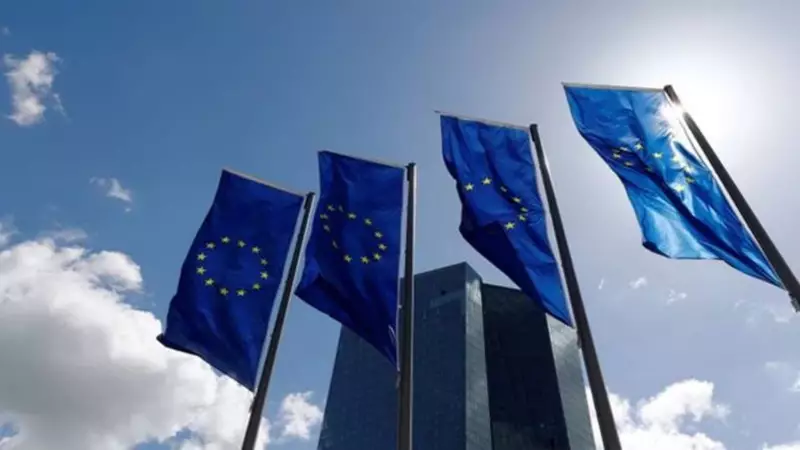
In a significant development for global trade relations, the European Union has expressed strong approval of China's decision to temporarily lift controls on rare earth exports. This move comes as a major relief for European manufacturers who depend heavily on these critical minerals.
The suspension of export restrictions marks a positive step in EU-China economic relations, potentially easing longstanding tensions over access to these vital resources. Rare earth elements are crucial components in numerous high-tech products, from smartphones and electric vehicles to wind turbines and military equipment.
What This Means for European Industries
European technology and automotive sectors stand to benefit significantly from this policy shift. With China controlling approximately 90% of global rare earth processing capacity, consistent access to these materials is essential for Europe's green transition and digital transformation goals.
The EU's welcoming stance reflects the bloc's broader strategy to secure stable supply chains for critical raw materials. This development occurs amid Europe's ongoing efforts to diversify its sources of rare earth minerals while maintaining productive trade relationships.
Broader Implications for Global Trade
This temporary suspension could signal a warming in trade relations between Brussels and Beijing. It demonstrates China's willingness to address international concerns about supply chain security while maintaining its dominant position in the rare earth market.
Industry analysts suggest this move might help stabilize global prices for rare earth elements and ensure smoother production cycles for European manufacturers who have faced uncertainty in recent years.
The European Commission emphasized that reliable access to rare earths remains fundamental to achieving the EU's ambitious climate and digital objectives outlined in their strategic plans for the coming decade.






